
NASHVILLE, Tenn. (TSU News Service)— A researcher from Tennessee State University received a national award for excellence recently for his work on water conservation.
Dr. Dilip Nandwani, associate professor of organic agriculture with the College of Agriculture, Human and Natural Sciences, received the individual Award of Excellence from the Experiment Station Committee on Organization and Policy November 3, during the Association of Public and Land-Grant Universities annual meeting in Orlando, Fla.
Nandwani also accepted the 2014 Experiment Station Section Excellence in Multistate Research Award on behalf of the 20 land-grant university research team involved in the study.
Nandwani served as the committee chair for the collaborative team studying how farmers can best use microirrigation systems to sustainably irrigate their land, especially during droughts and water shortages. The five-year project included agricultural engineers, plant and soil scientists, and economists conducting a variety of studies and outreach efforts across the country.
The multistate team, which worked on the project officially known as the W-2128 Microirrigation for Sustainable Water Use Project, was supported in part through USDA National Institute of Food and Agriculture (NIFA) by the Multistate Research Fund, established in 1998 by the Agricultural Research, Extension, and Education Reform Act (an amendment to the Hatch Act of 1888) to encourage and enhance multistate, multidisciplinary agricultural research on critical issues. Additional funds were provided by contracts and grants to participating scientists.
“It is a great honor to be recognized at the APLU’s Annual Meeting,” Nandwani said. “This award validates our hard work over the last five years.”
Nandwani began work on the project while a member of the faculty at the University of the Virgin Islands. During the course of the five-year project, the multistate team’s research led to new microirrigation equipment and tools that are easier to install, more durable and more precise. The advances have encouraged adoption of microirrigation systems, which has led to significant economic and environmental impacts.
Highlights of the project included the University of Idaho demonstrating better crop yields with microirrigation than with center-pivot irrigation, while New Mexico State University tested and compared several models of drip tubing and emitters that could be used for inexpensive, low-pressure microirrigation suitable for small farms.
Iowa State University showed that fewer sensors, if placed correctly, could provide cost-effective, detailed maps of soil moisture content, while Oregon State University calibrated soil-water sensors to improve the precision of irrigation scheduling.
“My goal is to ensure the science we invest in leads to solutions to today’s most pressing challenges,” said Sonny Ramaswamy, director of USDA-NIFA. “One of those challenges is finding ways to feed the growing population while minimally impacting the environment. A safe, reliable supply of water is inextricably linked to food security. The five-fold increase in irrigated acres that took place during the 20th century cannot be repeated in the 21st century — there isn’t the space. Instead, we must increase efficiency of the irrigated farmland we have, and that’s what this project is doing.”
In addition to Tennessee State University, the other participating land-grant institutions included: Auburn University; University of Arizona; University of California, Davis; University of California, Division of Agriculture and Natural Resources; Colorado State University; University of Florida; University of Hawaii; University of Idaho; Kansas State University; Mississippi State University, University of Nebraska, New Mexico State University; Cornell University; Oregon State University; University of Puerto Rico; Texas A&M AgriLife Research; University of the Virgin Islands; Washington State University; and University of Wyoming. The universities also collaborated with the USDA’s Natural Resources Conservation Service and Agricultural Research Service.
Tennessee State University
3500 John Merritt Boulevard
Nashville, Tennessee 37209
615.963.5331
About Tennessee State University
With more than 9,000 students, Tennessee State University is Nashville’s only public university, and is a comprehensive, urban, co-educational, land-grant university offering 42 undergraduate, 24 graduate and seven doctoral programs. TSU has earned a top 20 ranking for Historically Black Colleges and Universities according to U.S. News and World Report, and rated as one of the top universities in the country by Washington Monthly for social mobility, research and community service. Founded in 1912, Tennessee State University celebrated 100 years in Nashville during 2012. Visit the University online at tnstate.edu.





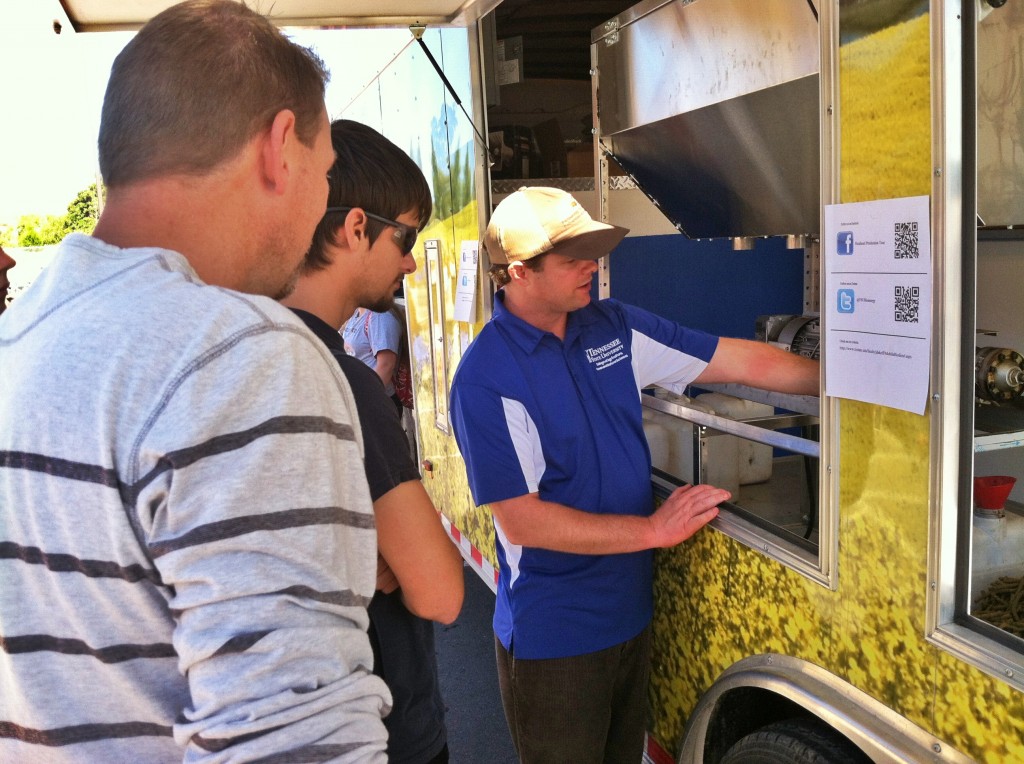

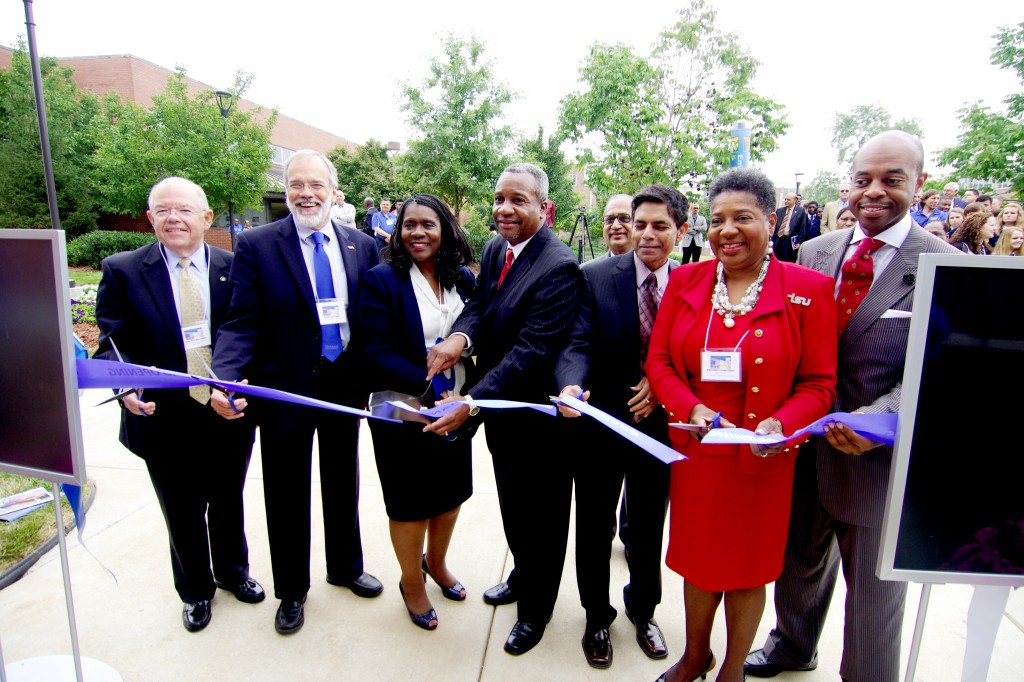
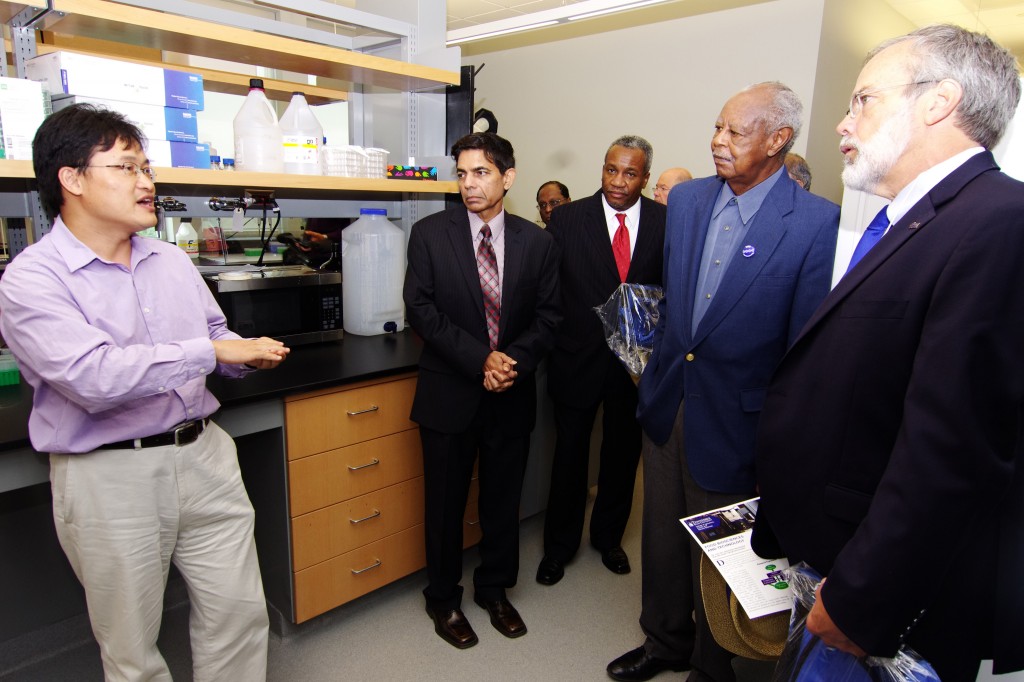


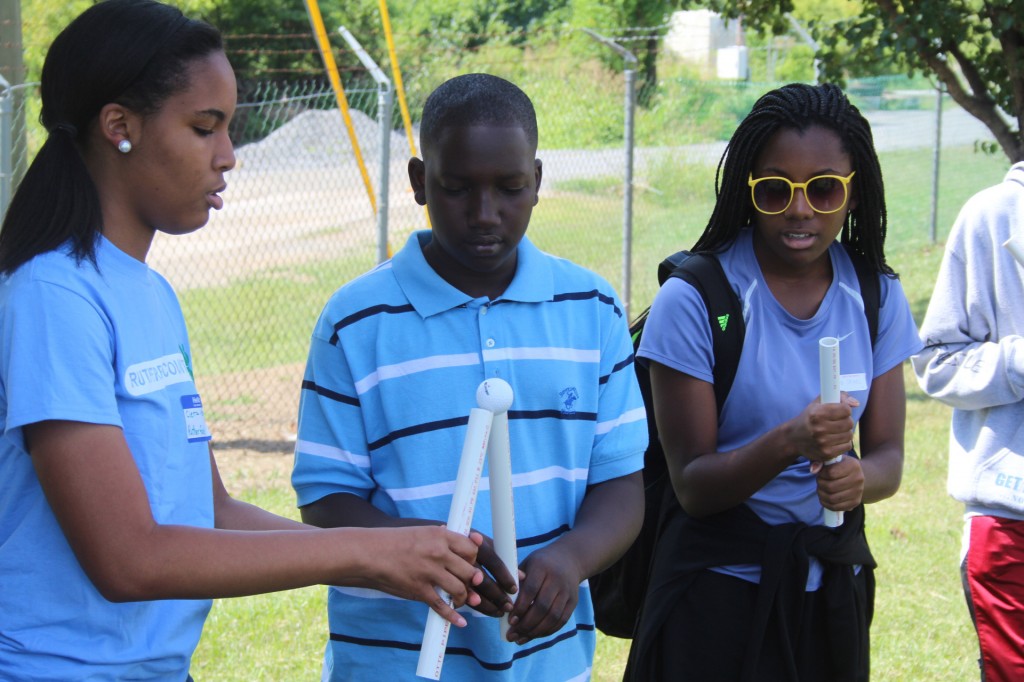
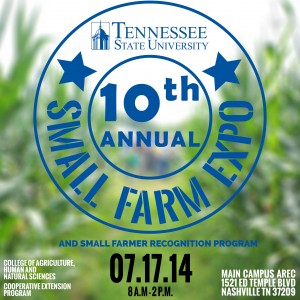
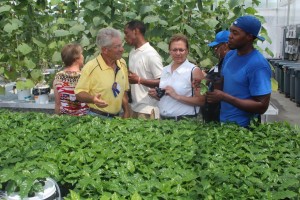
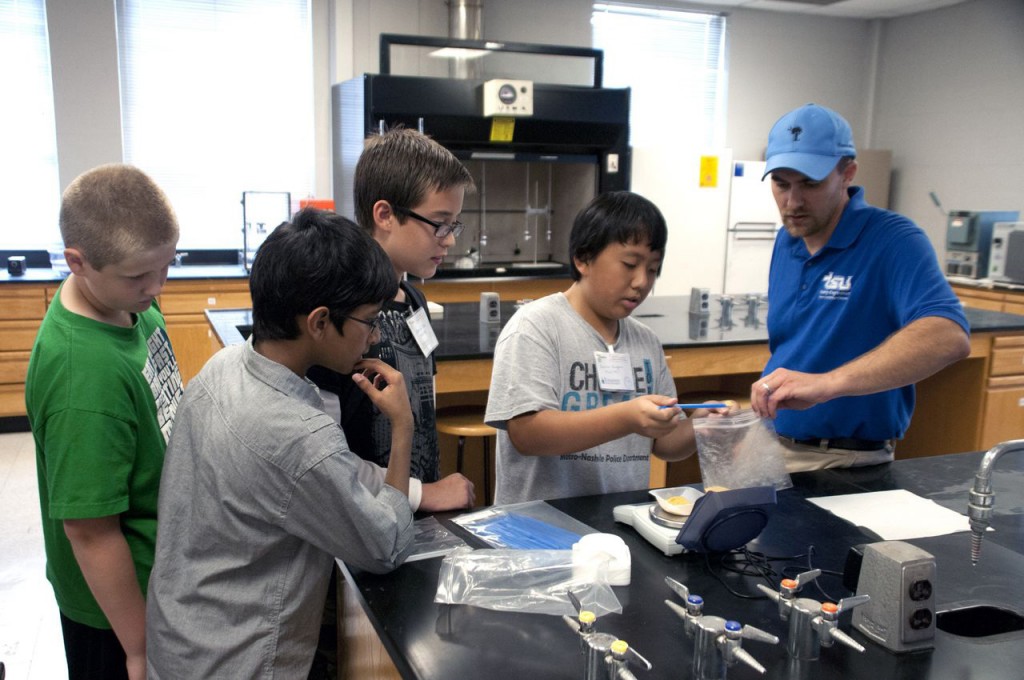

![Group Shot[1]](https://tnstatenewsroom.com/wp-content/uploads/2014/06/Group-Shot1.jpg)